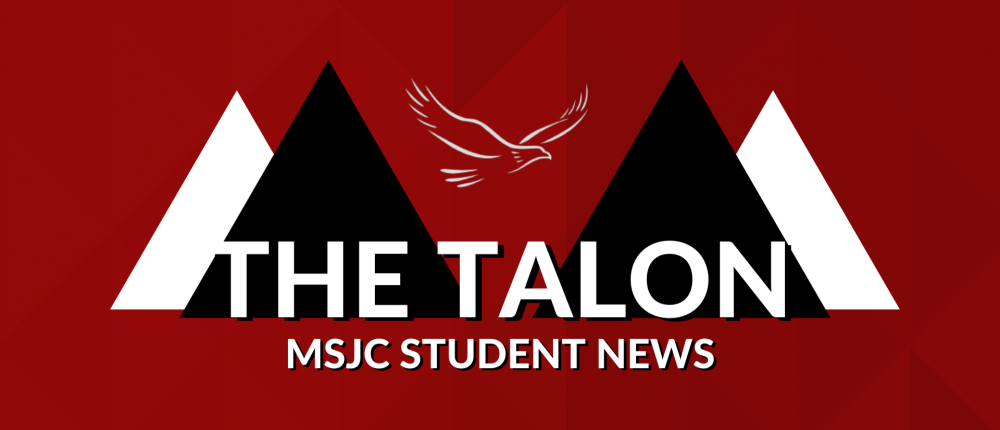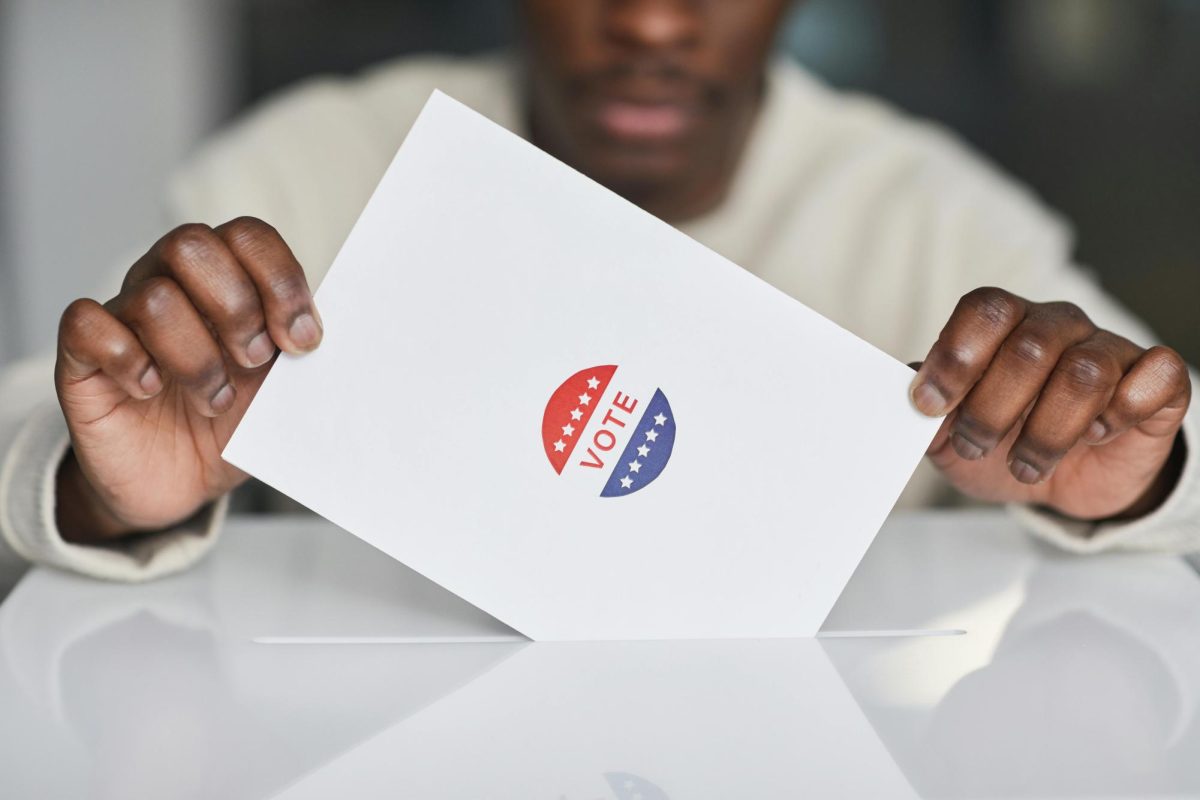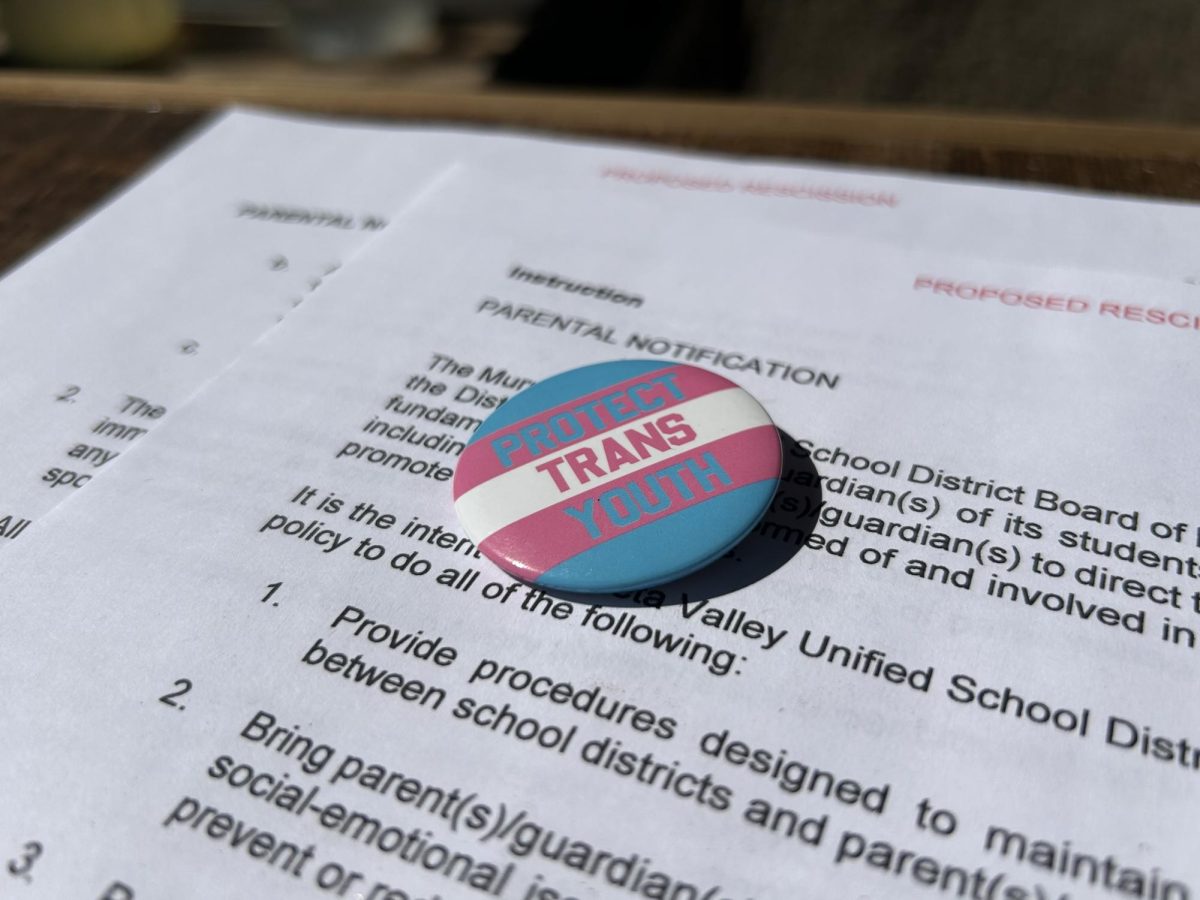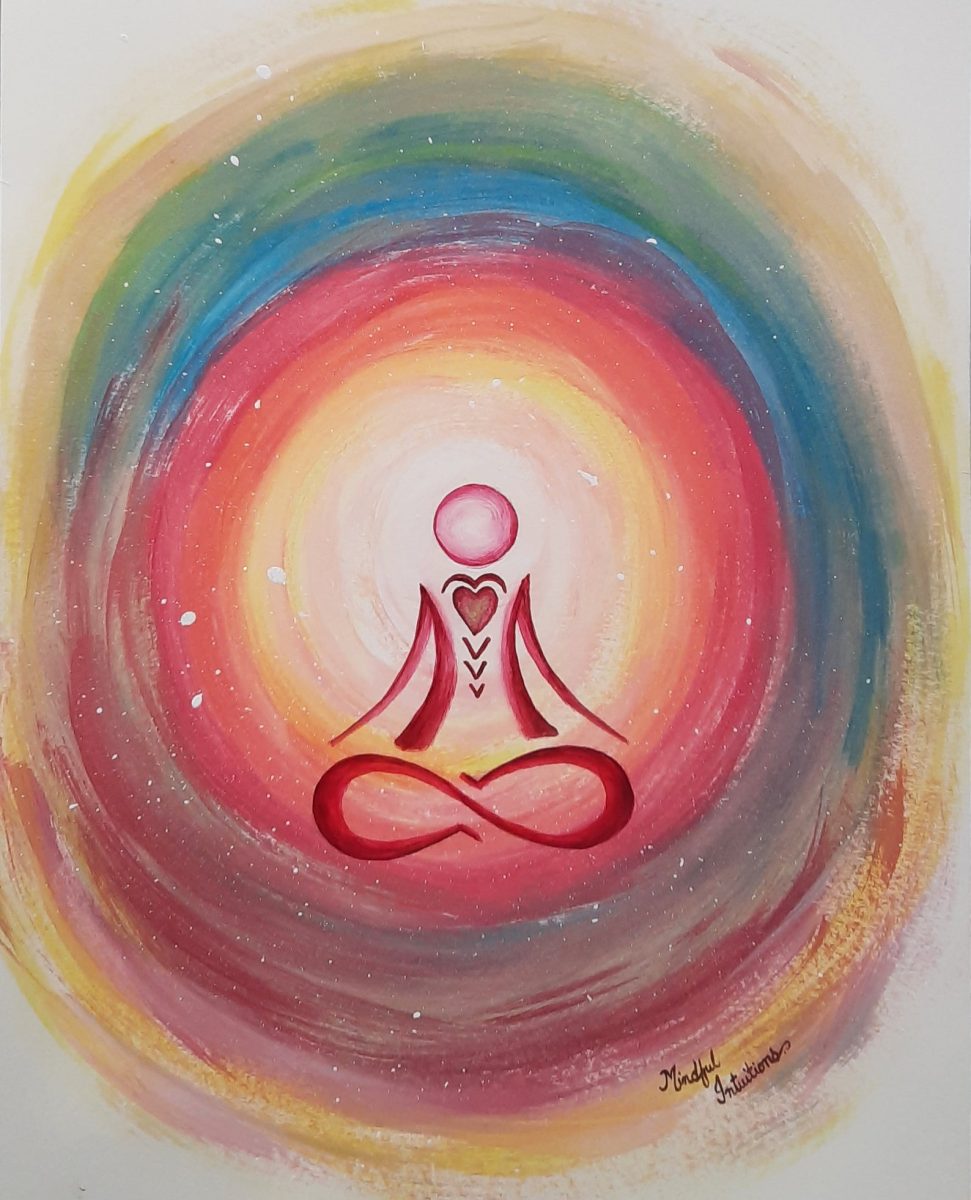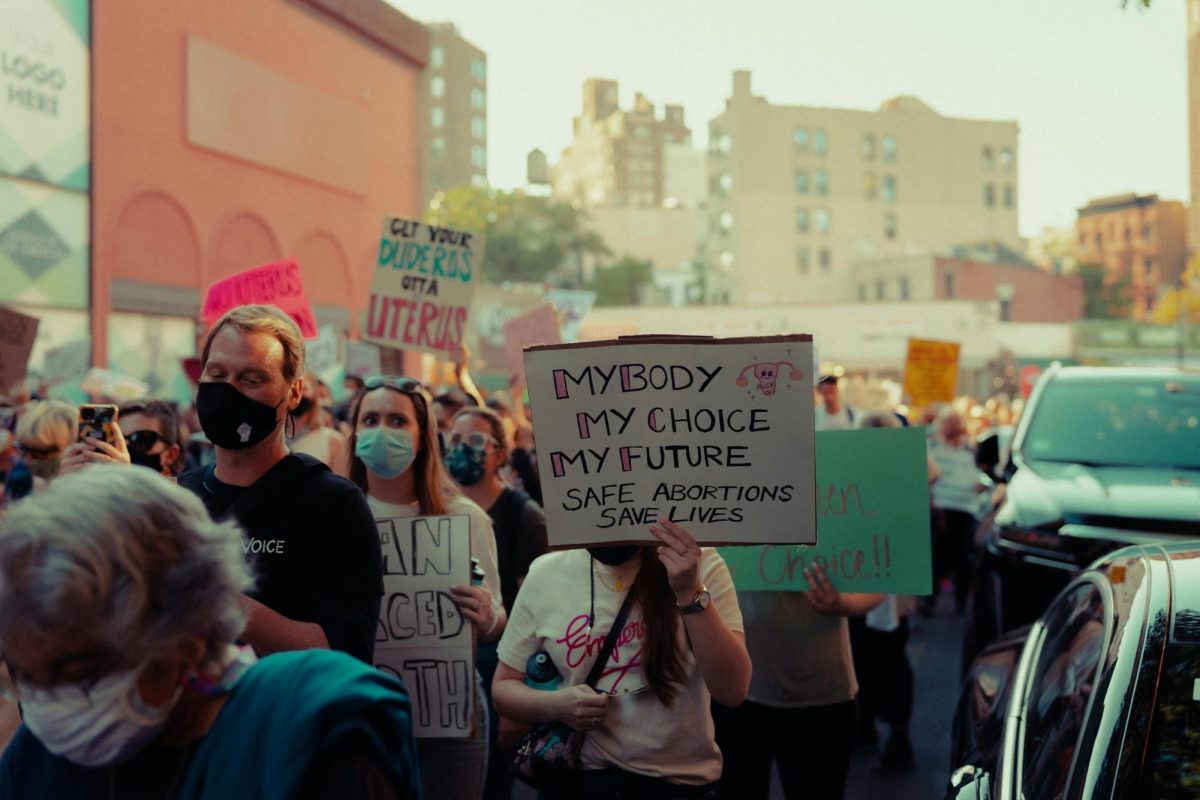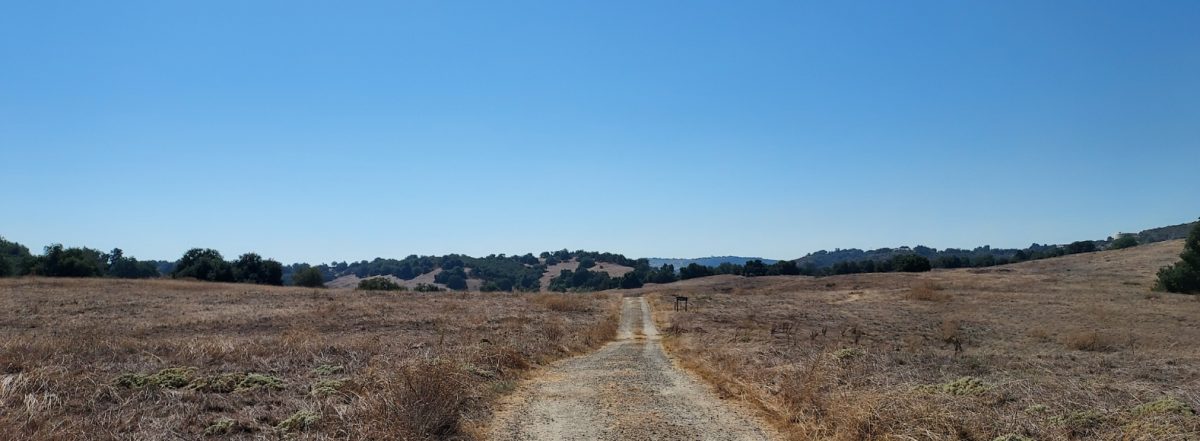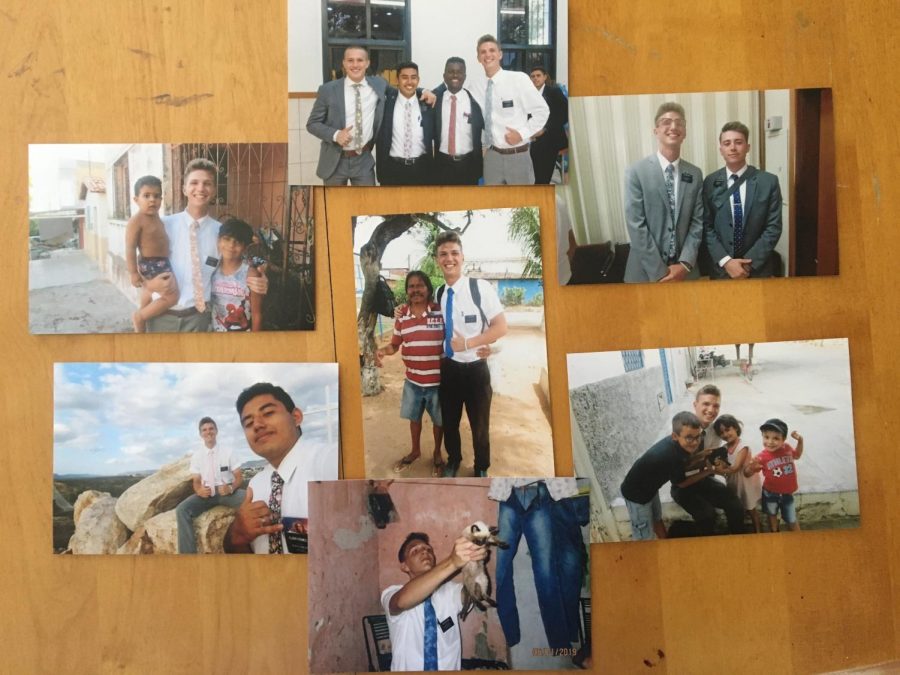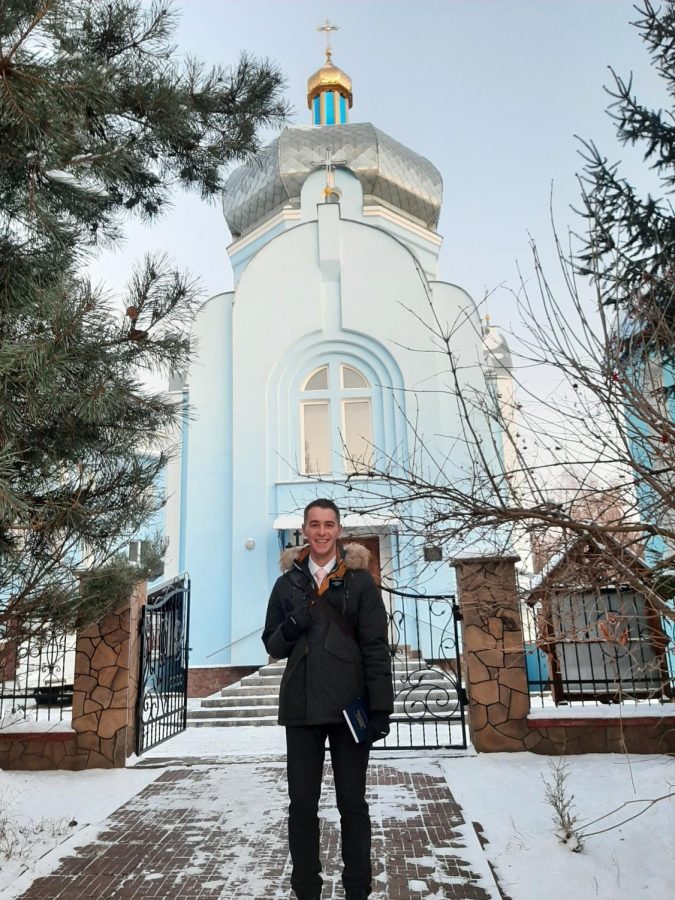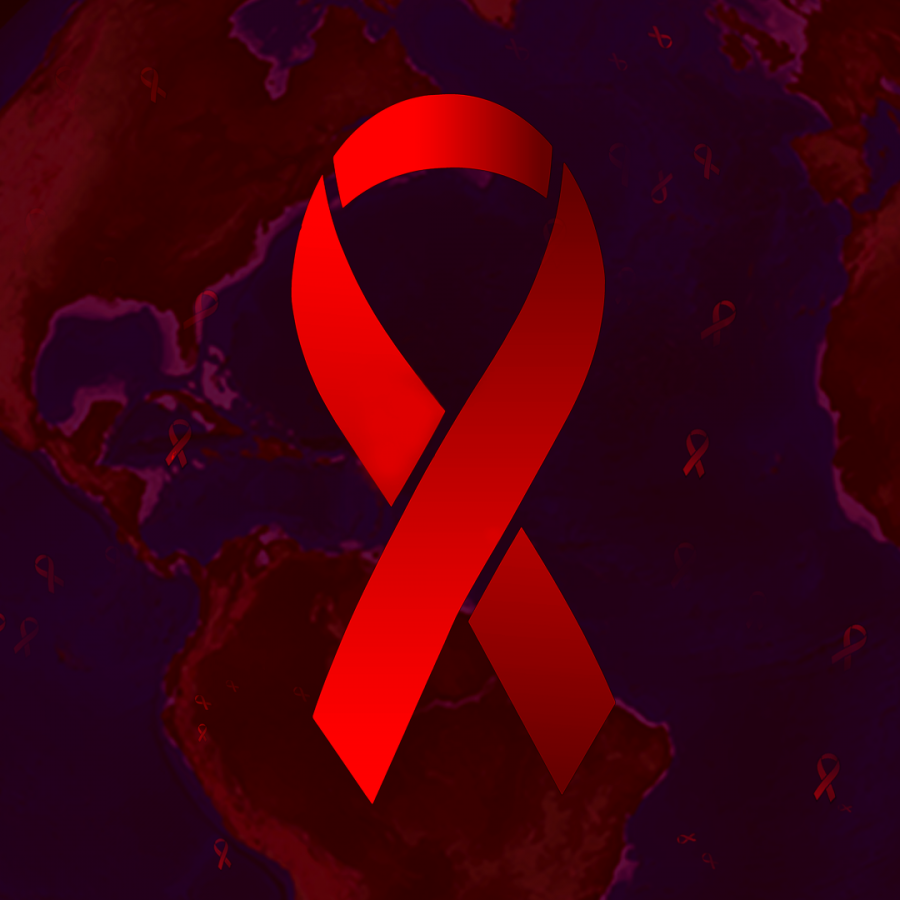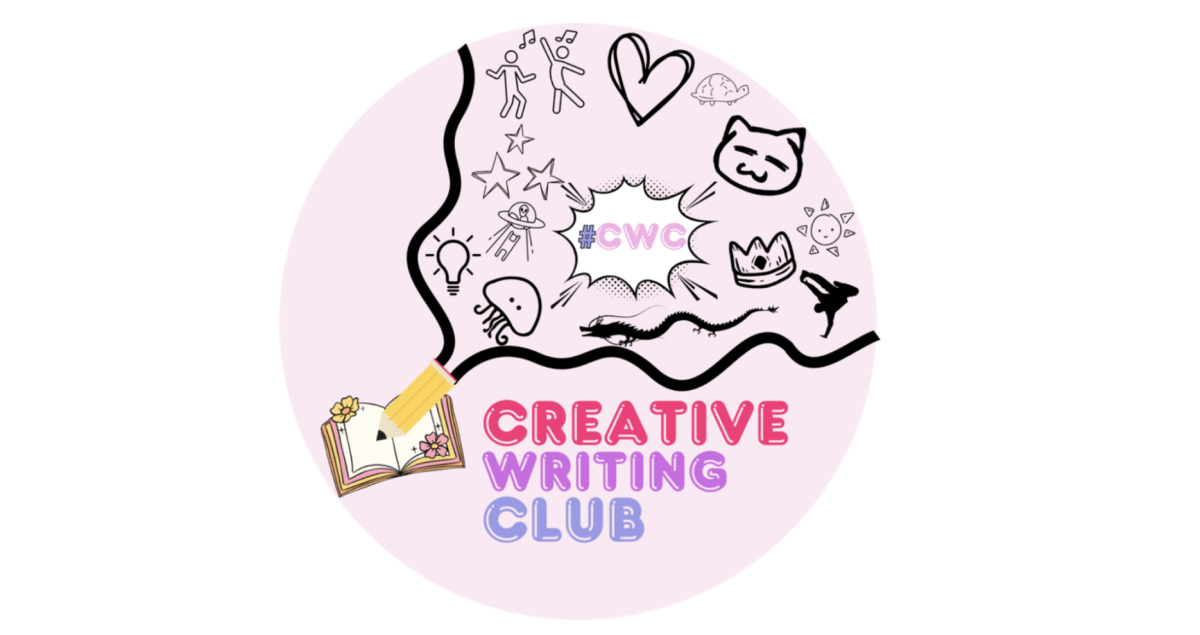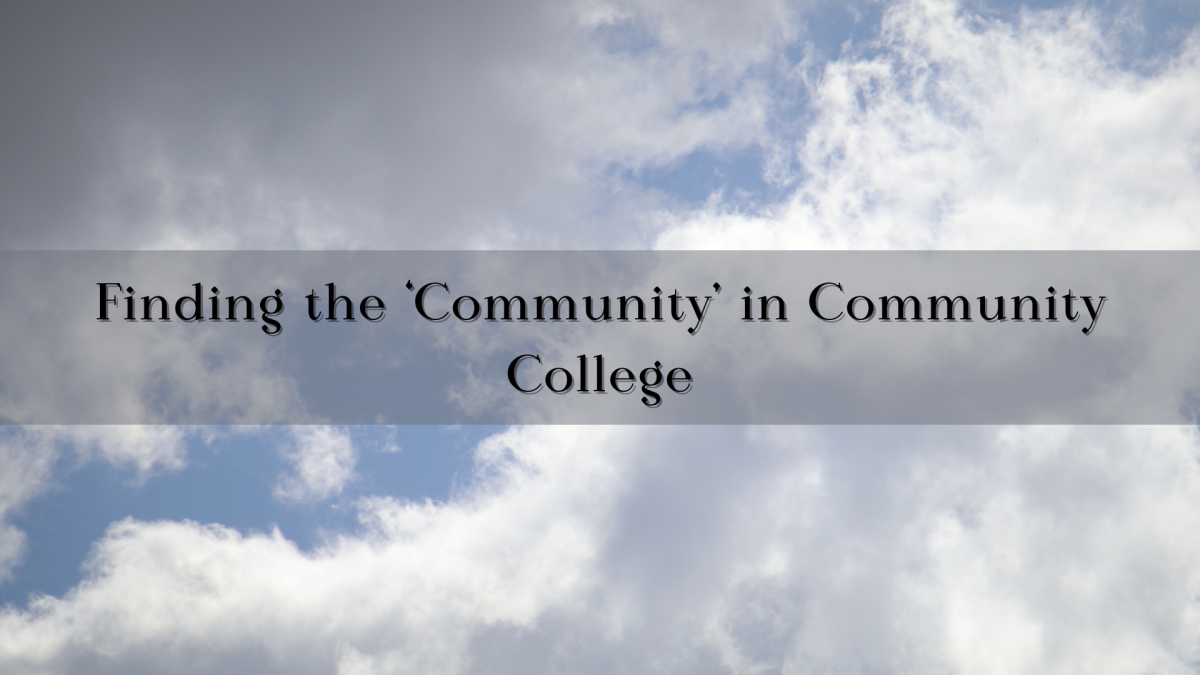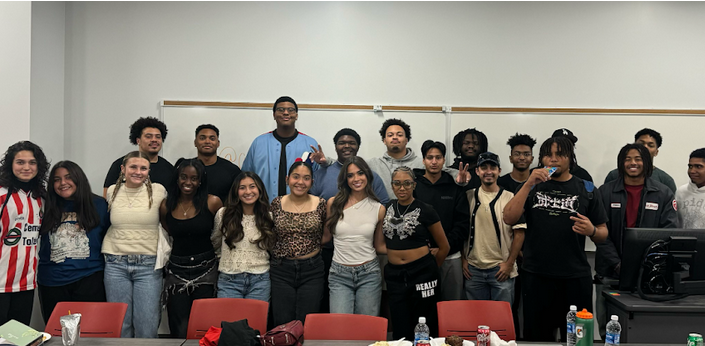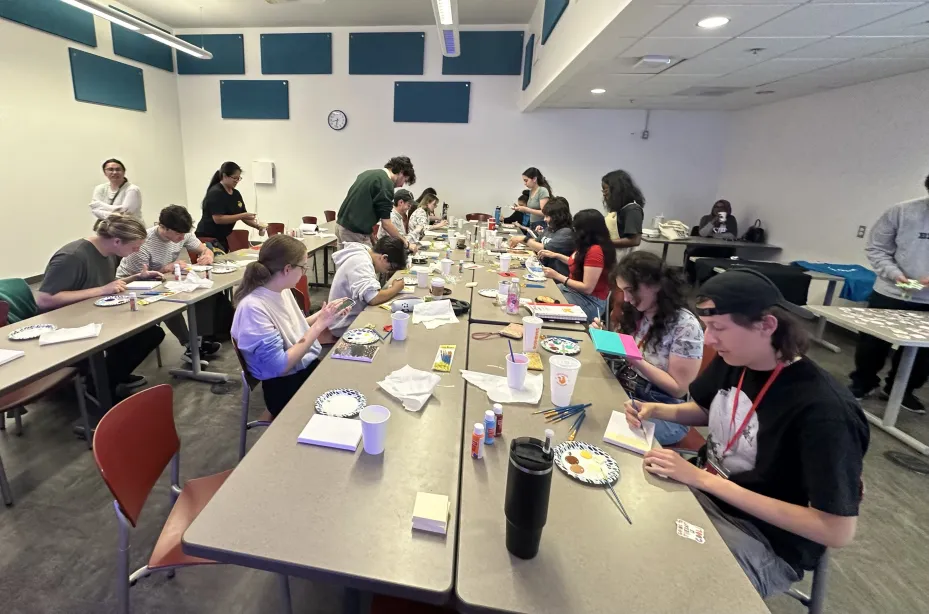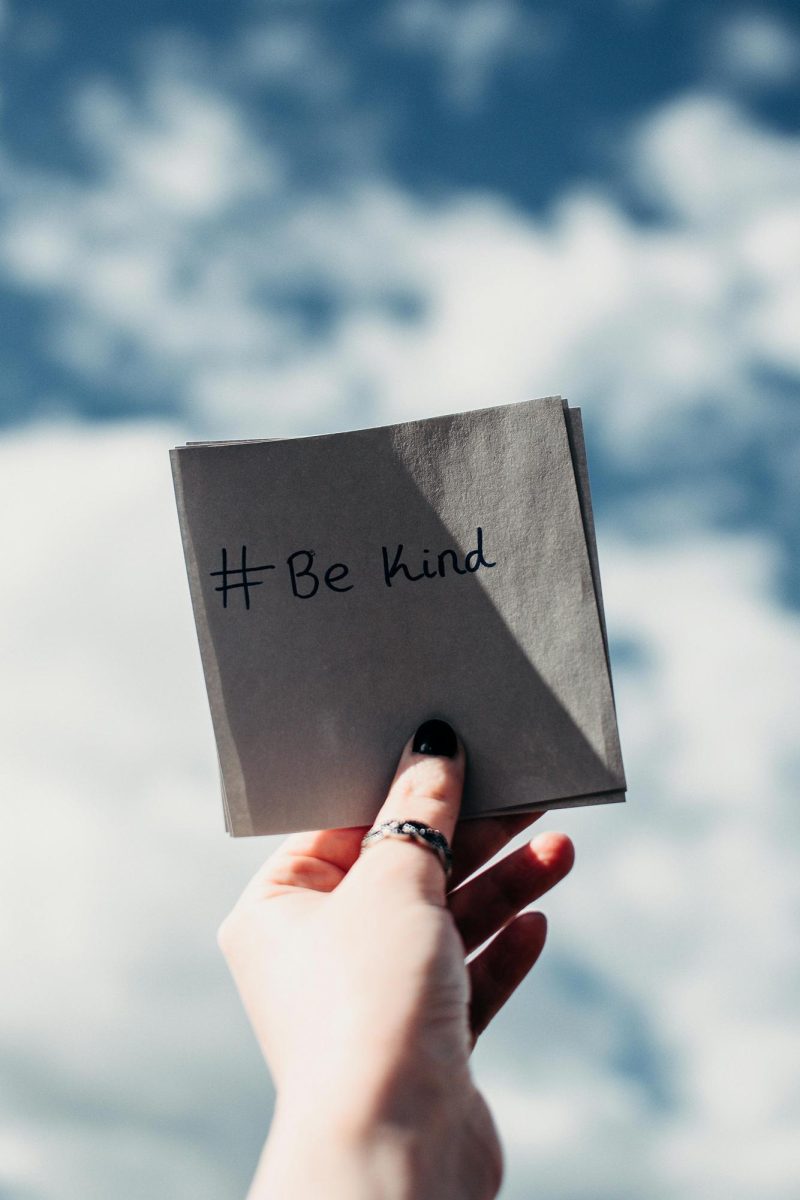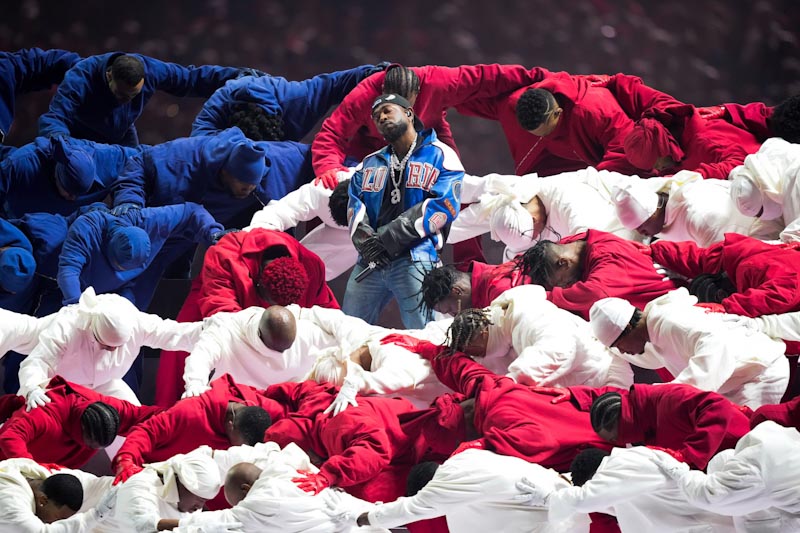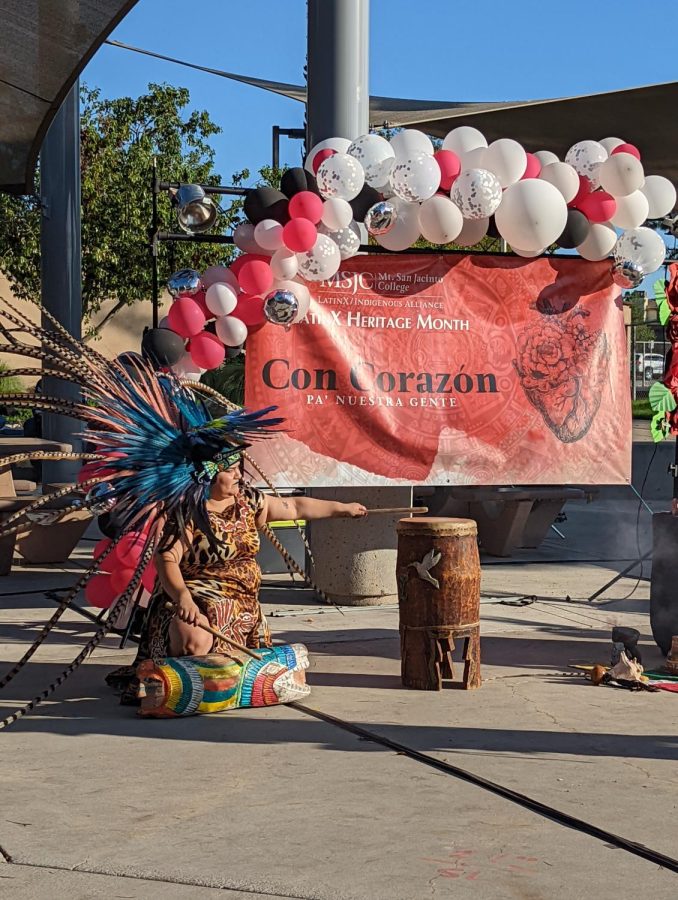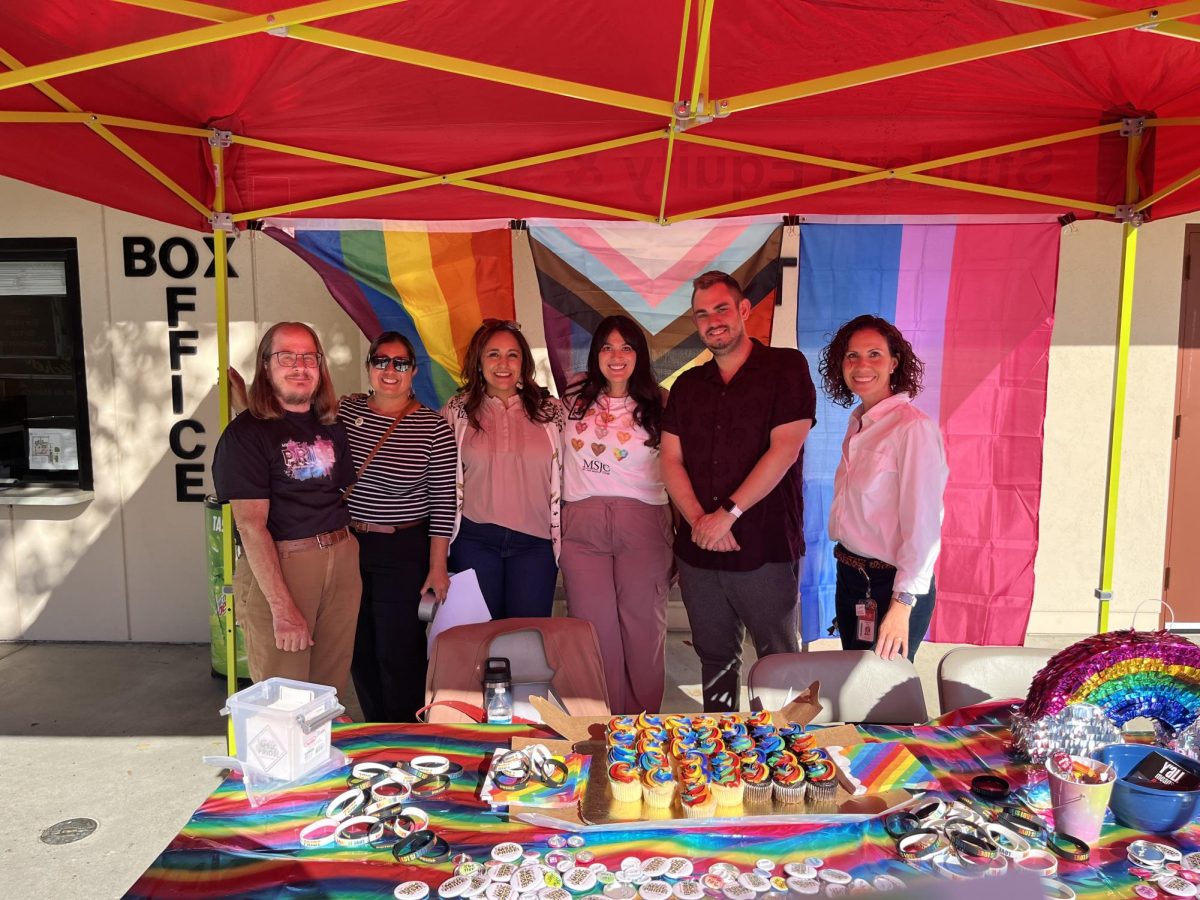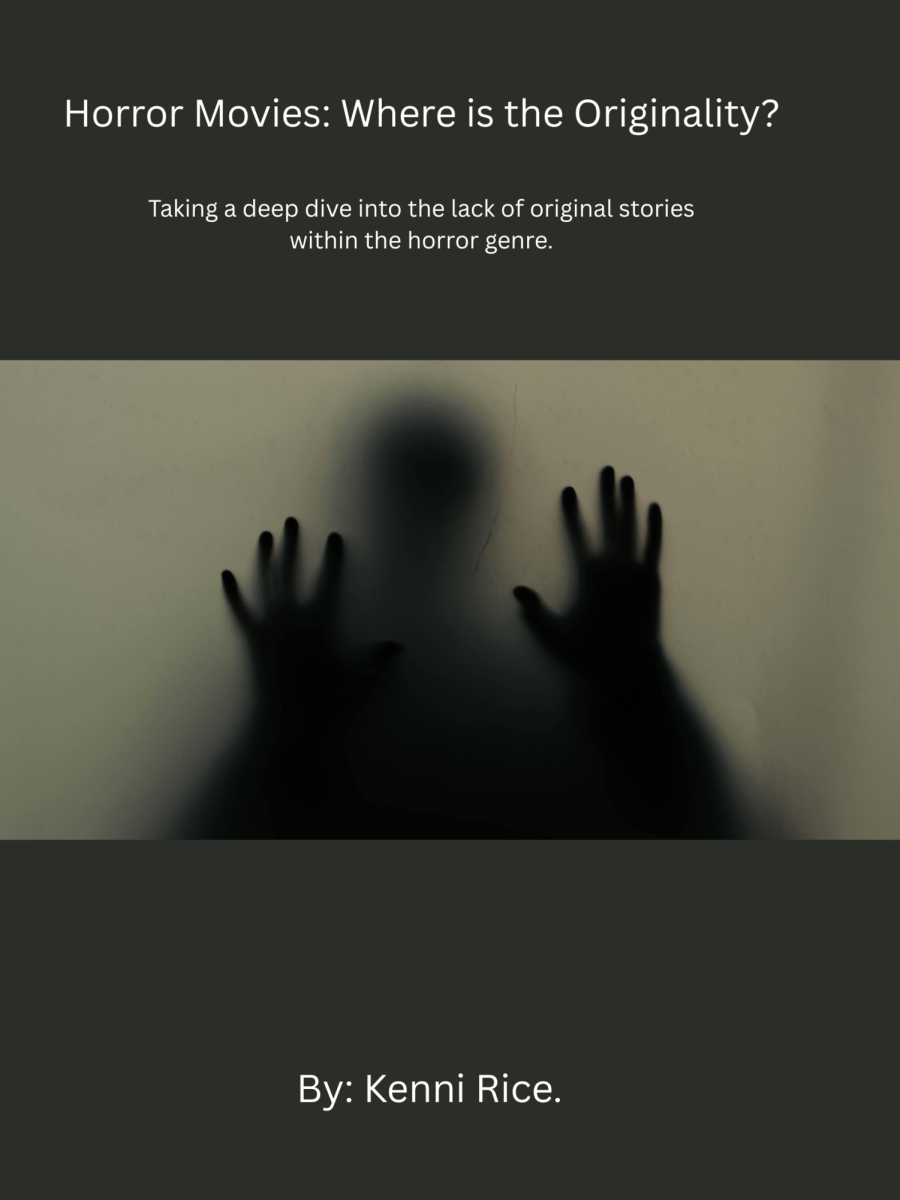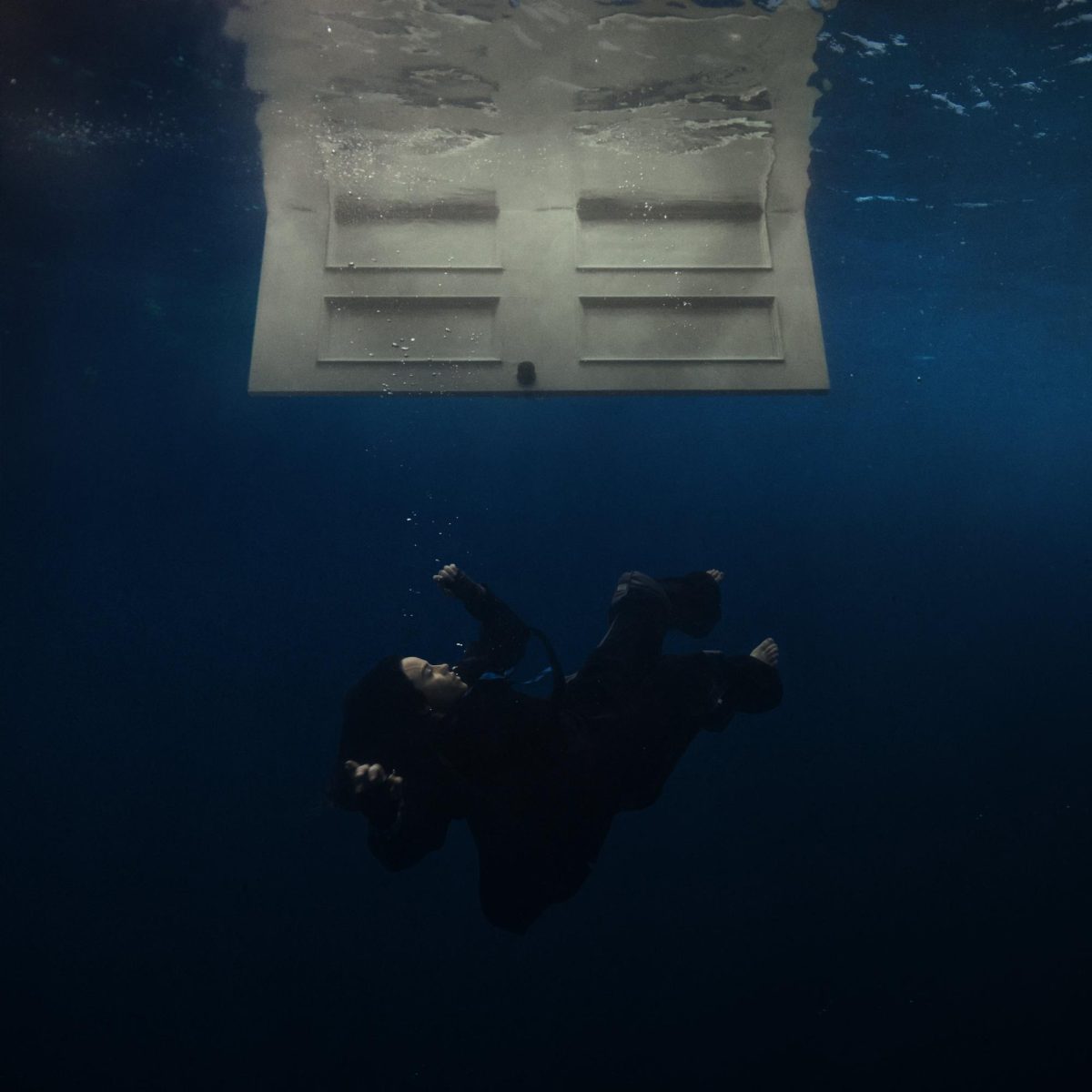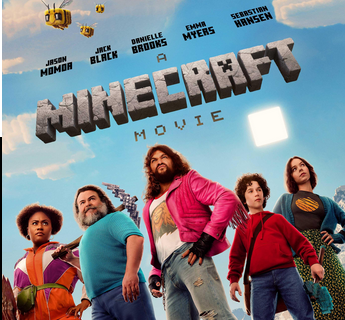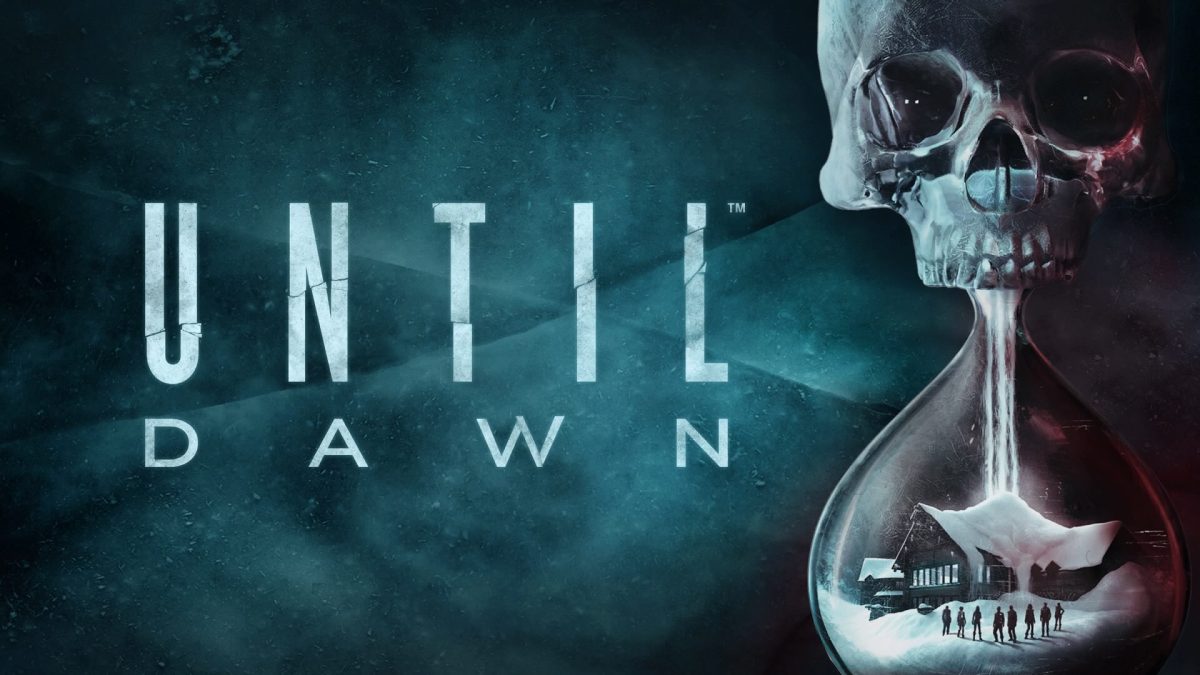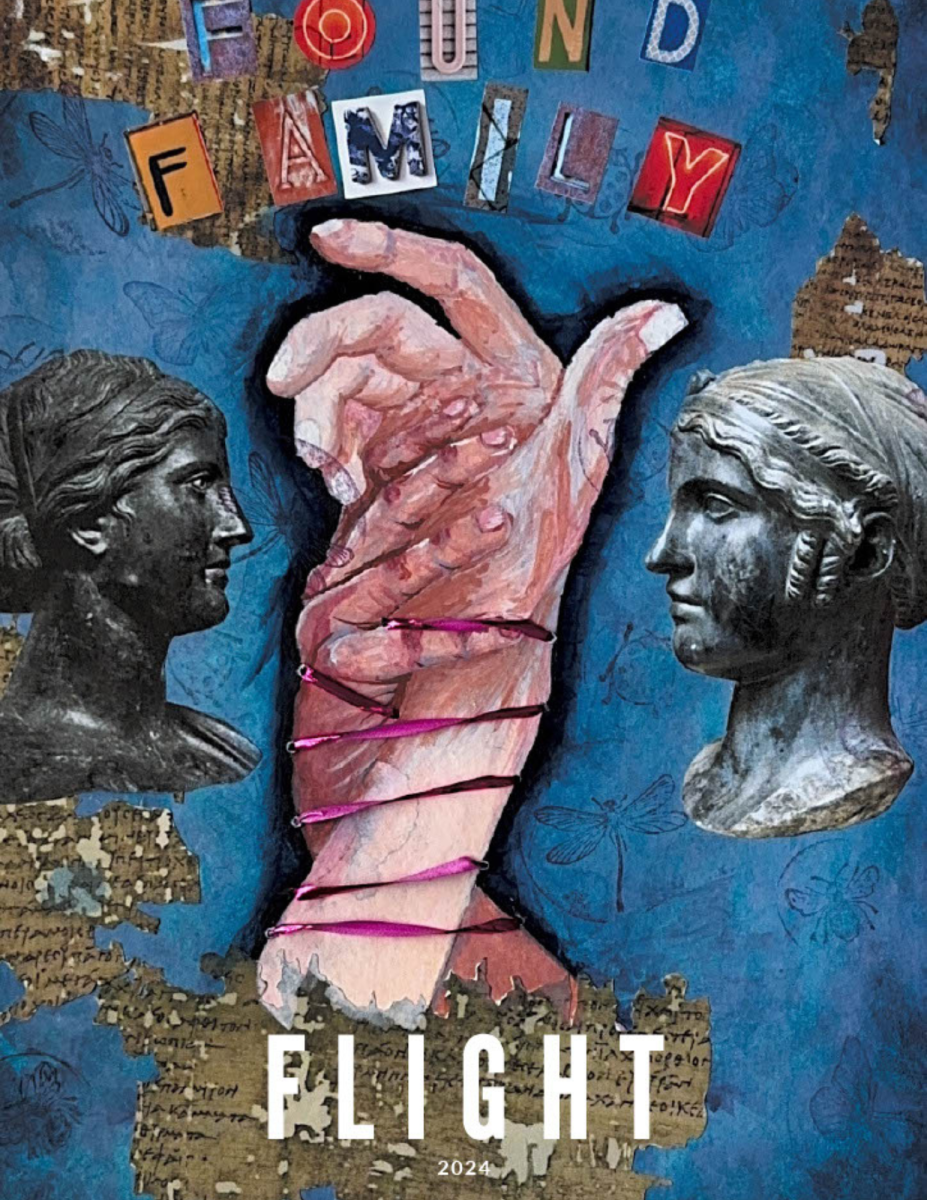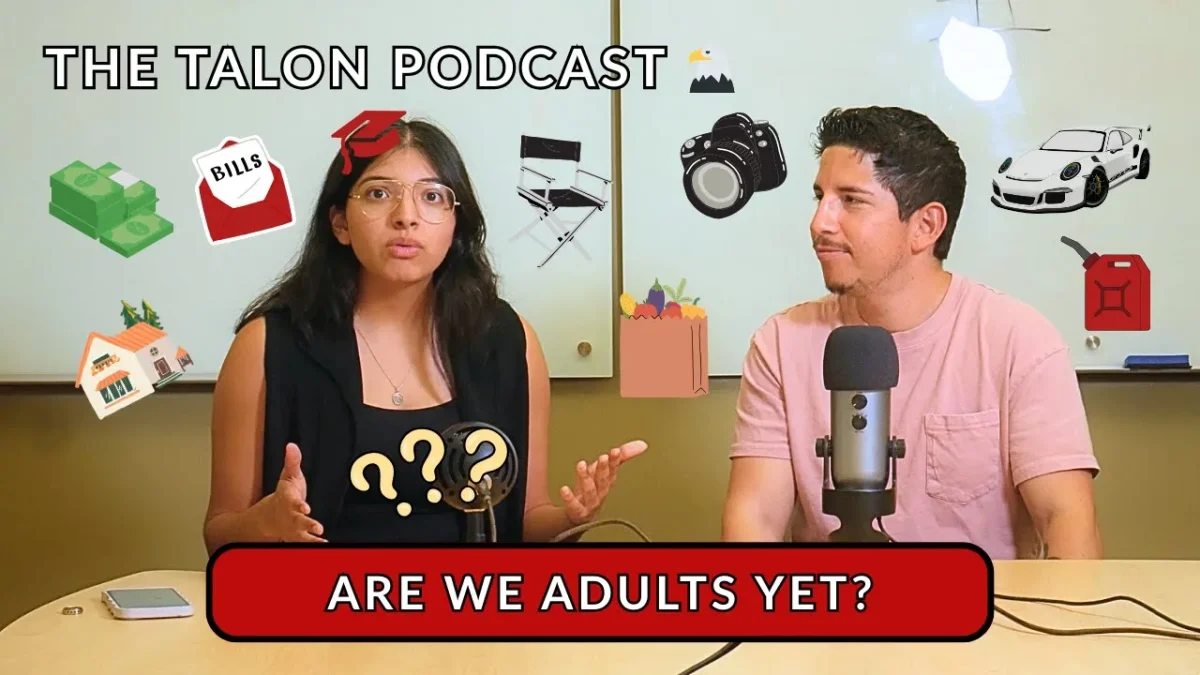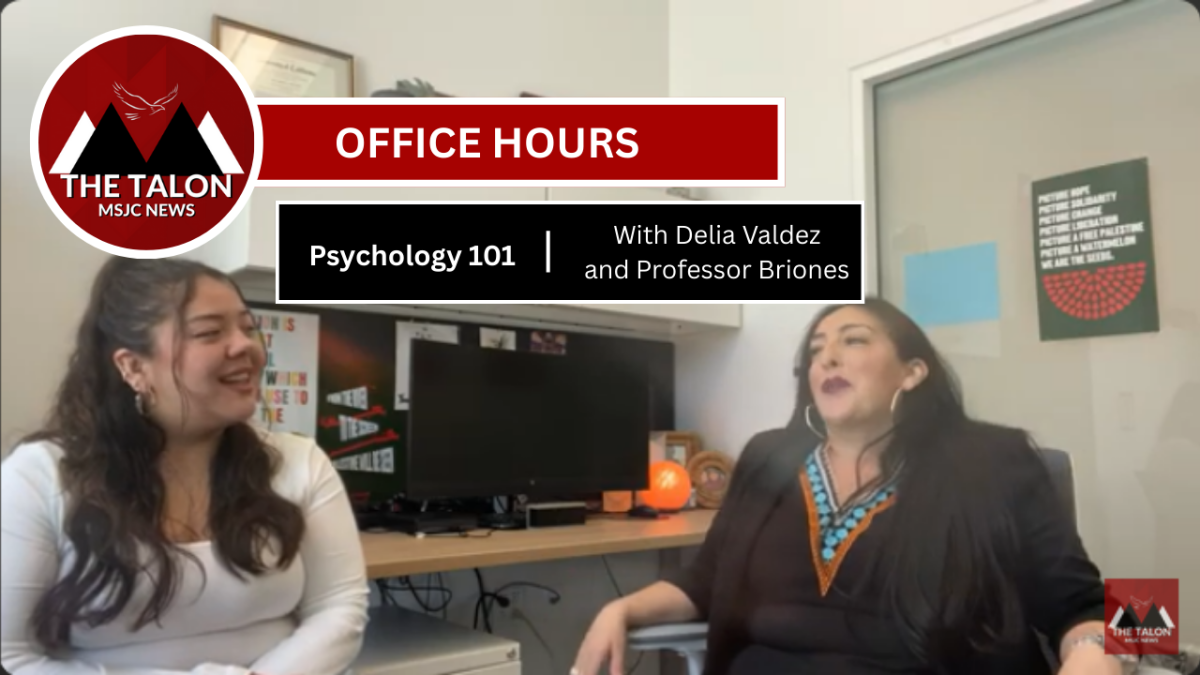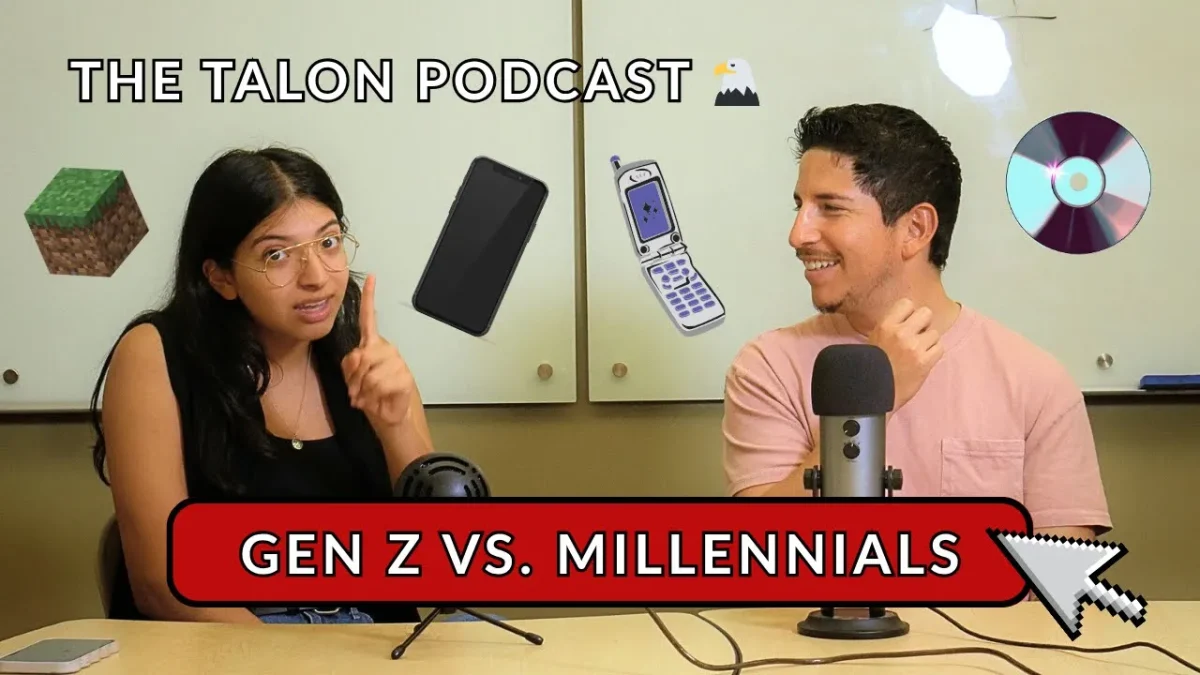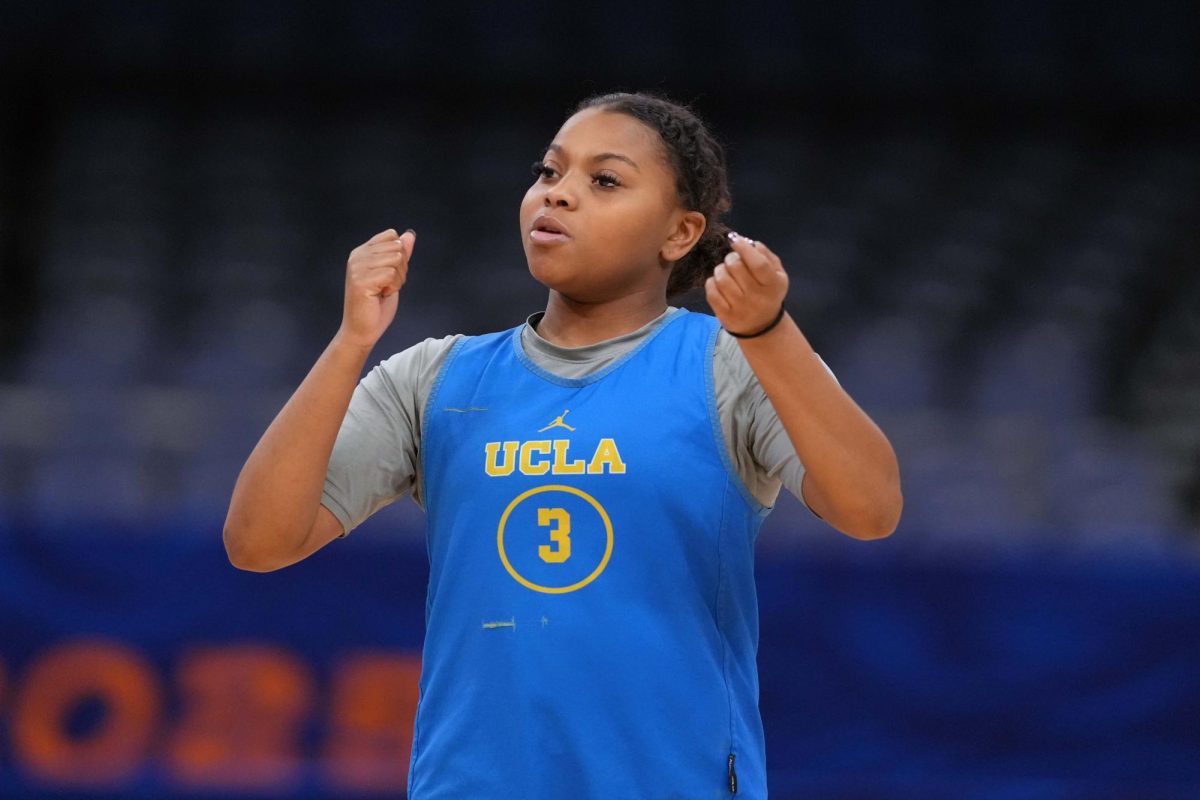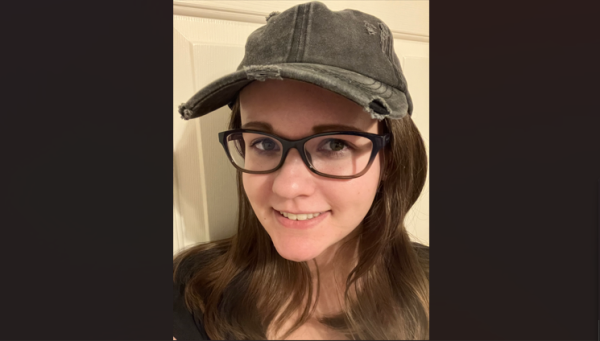“We have a podcast?” exclaimed a fellow student when she heard about the MSJC Lifestyle Connection podcast. To answer her question, yes, we do! And even better, it’s coming back! The podcast was designed and directed by Lisa McAllister, PhD., in 2022, hoping to be an additional health resource for students during COVID-19. It features interviews with professionals regarding topics branching from the seven dimensions of wellness. The podcast can be found on Spotify and under Health Center Services on the MSJC website. Unfortunately, the college had to drop the program nine months in, but McAllister and her team are working on bringing it back. They are hoping for a fall launch.
The seven dimensions of wellness were developed by William Hettler in 1976. Over time, the model has been adapted to include eight dimensions, though this model is not always used. The upcoming episodes plan on using all eight dimensions, though this has not been officially decided yet. The eight dimensions are as follows: physical, emotional, intellectual, spiritual, environmental, social, occupational, and financial. As McAllister said in a recent interview, “You need to hit all of (these) areas for people to stay in college, be successful in college, (and) be successful in life.” That is why it is so important for students to have access to health resources in all of these areas.
The podcast enables students to receive free indirect counsel and advice from professionals. These professionals have so far included Bonnie Kau, a financial planner; Beth Henley, a personal trainer; Andria Ryder, a holistic practitioner and podcast host; Dr. Travis Huteson, a licensed chiropractor; Justine Patino, a certified yoga, meditation, and flow coach; and several professors at MSJC; just to name a few. Many students don’t realize that while they are in college, “they (can) get a lot of things for low cost or (for) free” (McAllister). This is imperative because, as Sarah K. Lipson from Boston University claims, “College is a key developmental time; the age of onset for lifetime mental health problems also directly coincides with traditional college years—75 percent of lifetime mental health problems will onset by age 24”. There are a lot of attacks on college students’ wellness- course challenges, identity development, body changes, financial difficulties, and social shifts are just a few. Amidst all these challenges, personal wellness, counterproductively, often becomes less of a priority. However, “the same students who have the lowest rate of retention in higher education are the same students who are least likely to access mental health services when they are struggling” (Lipson).
To be unwell can be detrimental to success- both in and out of your studies. That is why it is crucial to make time for your health and take advantage of the resources available to you. The MSJC Health and Wellness podcast is one option. In McAllister’s own words, “I tried to hit all of the different dimensions of health to keep people sane and healthy at the same time.” Hope you’ll listen in!
